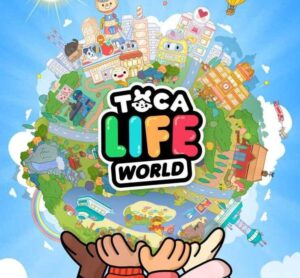Beyond the Bells and Villagers: The Title That Almost Was
Popular Now
 Free Fire Max
Free Fire Max
 Stumble Guys
Stumble Guys
 FIFA 23
FIFA 23
 Minecraft
Minecraft
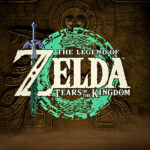 The Legend of Zelda
The Legend of Zelda
 Sonic the Hedgehog™ Classic
Sonic the Hedgehog™ Classic
 Grand Theft Auto V
Grand Theft Auto V
 Poppy Playtime
Poppy Playtime
 PUBG Mobile
PUBG Mobile
 Gacha Club
Gacha Club
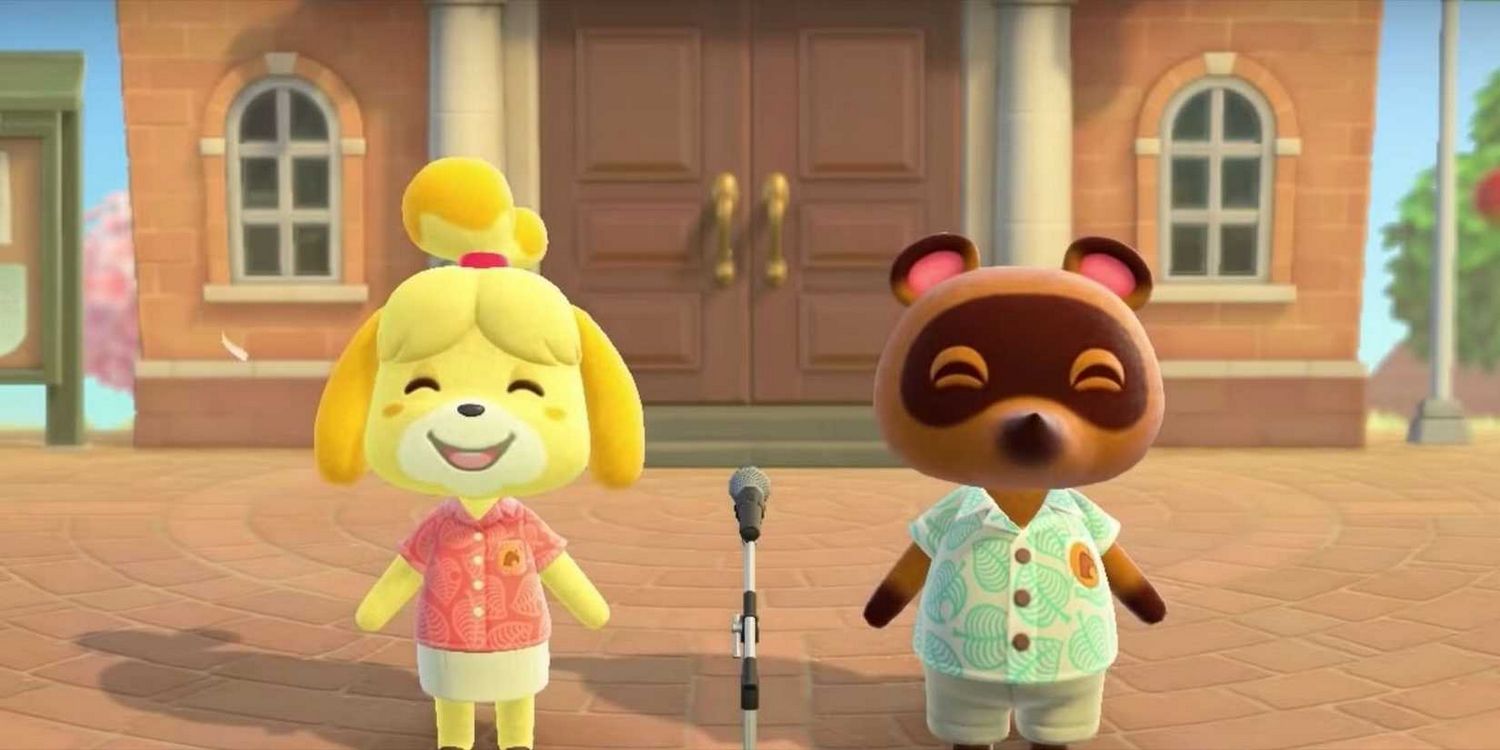 For millions of players, the name “Animal Crossing” is synonymous with a tranquil, debt-ridden, and deeply engaging life simulation. The name rolls off the tongue, instantly conjuring images of anthropomorphic animal neighbors, serene fishing trips, and the ever-looming specter of Tom Nook’s mortgage payments. However, a recent interview with a former Nintendo localization manager has unearthed a fascinating tidbit of gaming history: the beloved series was nearly saddled with a different, and perhaps less charming, moniker. This revelation sheds light on the often-complex process of localizing Japanese games for a global audience and highlights how subtle changes can have a massive impact on a franchise’s identity and commercial success.
For millions of players, the name “Animal Crossing” is synonymous with a tranquil, debt-ridden, and deeply engaging life simulation. The name rolls off the tongue, instantly conjuring images of anthropomorphic animal neighbors, serene fishing trips, and the ever-looming specter of Tom Nook’s mortgage payments. However, a recent interview with a former Nintendo localization manager has unearthed a fascinating tidbit of gaming history: the beloved series was nearly saddled with a different, and perhaps less charming, moniker. This revelation sheds light on the often-complex process of localizing Japanese games for a global audience and highlights how subtle changes can have a massive impact on a franchise’s identity and commercial success.
The original Japanese title for the first game on the Nintendo 64 was Dōbutsu no Mori, which translates literally to “Animal Forest.” While a direct translation, it’s easy to see why the localization team felt the need for a change. “Animal Forest” is descriptive, but it lacks the dynamic, communal feel that the final title, “Animal Crossing,” so effectively captures. The word “crossing” implies an intersection of lives, a convergence of different paths and experiences—a perfect metaphor for the game’s core gameplay loop of interacting with a diverse cast of characters in a shared village.
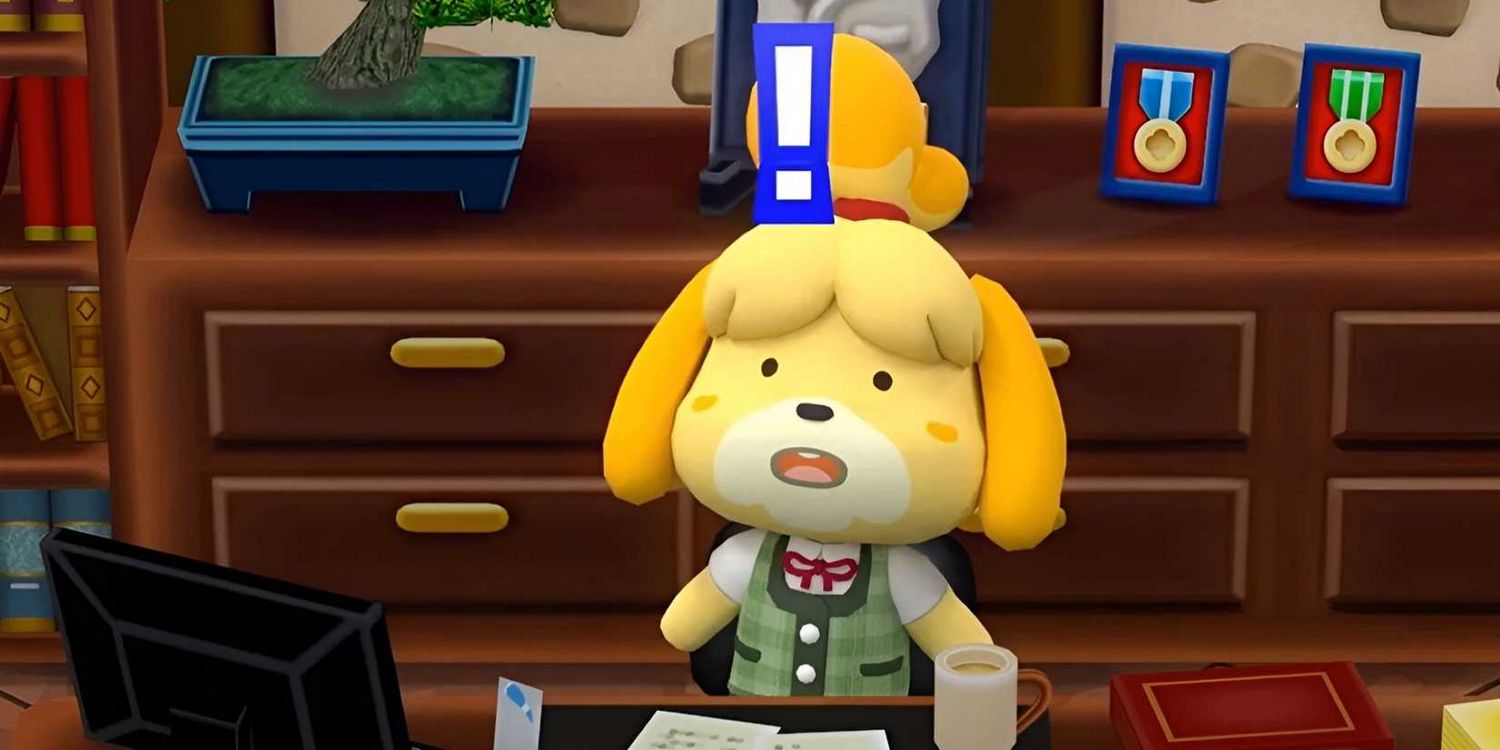 The Evolution of a Name: From “Animal Forest” to “Animal Acres”
The Evolution of a Name: From “Animal Forest” to “Animal Acres”
According to former Nintendo Localization Manager Leslie Swan, the team considered a number of alternate titles before settling on the one we know today. One of the primary contenders was “Animal Acres.” Swan noted that the game’s town grids, which were laid out in a distinct block-like fashion, reminded the team of acres of land, making “Animal Acres” a logical, albeit less evocative, choice. The idea was to keep “Animal” and “Forest” in the title, but a direct translation simply didn’t work. The team sought a title that would resonate with a Western audience while still capturing the essence of the original game.
This challenge went far beyond just the title. The entire localization process for the original Animal Crossing was a Herculean effort. The game was “meant for Japan alone,” as Swan stated, with a vast amount of text and cultural references that would not translate well. The team had to:
- Rename every character: Many of the original Japanese names were puns or references that would be lost on Western players. The localization team masterfully crafted new names that were equally charming and full of personality.
- Rewrite every character’s catchphrases: This was a monumental task, as the unique personalities of each villager had to be preserved and adapted for a new linguistic and cultural context.
- Change and add events: The original game featured Japanese holidays and festivals that would have left Western players with a “boring month.” The localization team innovated by creating new, globally recognizable events like “Fireworks Day,” a brilliant solution that ensured every month had engaging content for players worldwide.
The monumental effort of this localization speaks to the commitment Nintendo has to its intellectual property. The work of the localization team, particularly the creative vision behind the new title, was instrumental in transforming the game from a Japanese curiosity into a global phenomenon. It’s a testament to the idea that a successful translation isn’t just about converting words, but about converting the entire cultural experience.
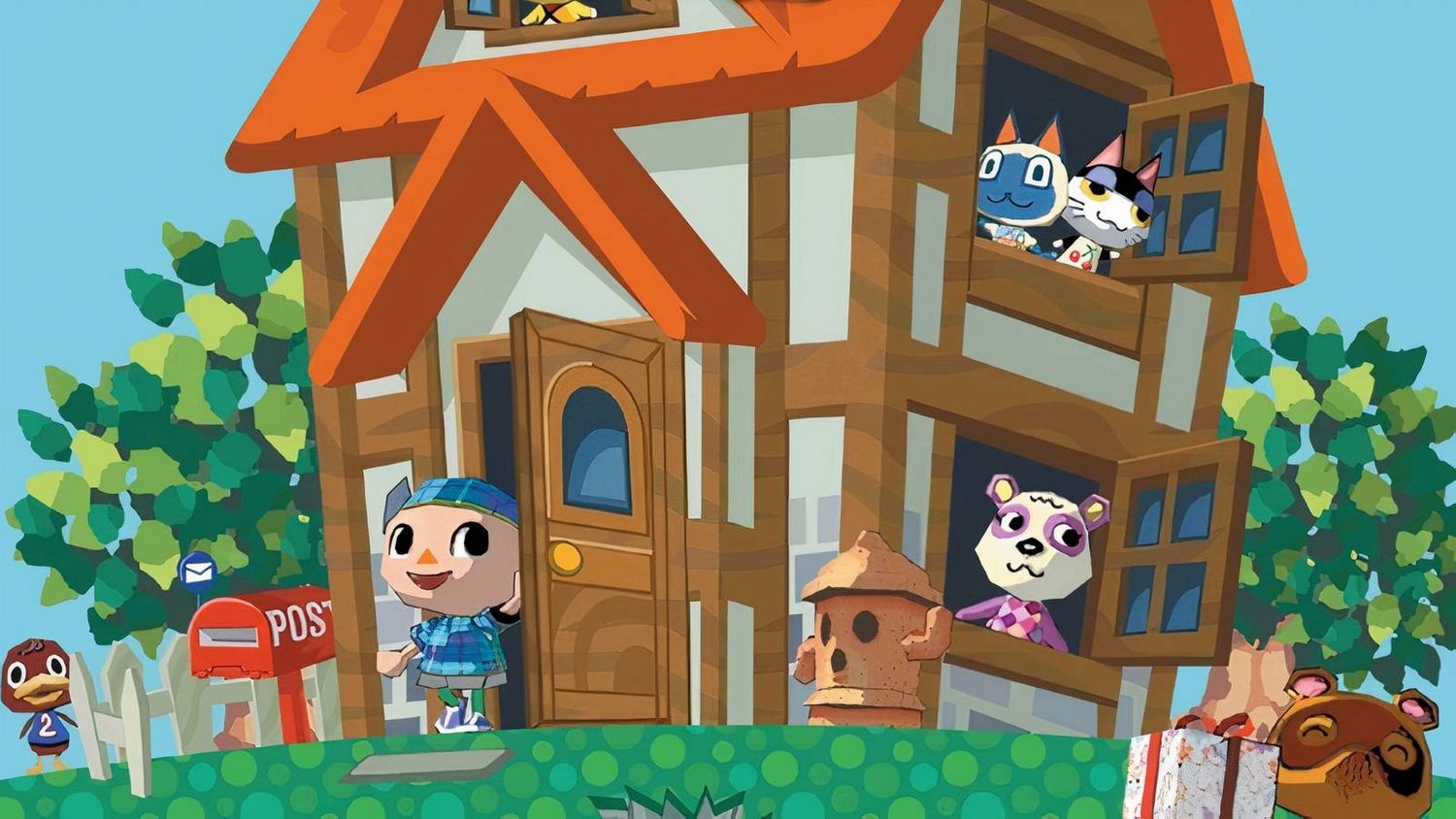 The Business of Branding: Why the “Crossing” Was a Masterstroke
The Business of Branding: Why the “Crossing” Was a Masterstroke
From a brand marketing perspective, the decision to go with “Animal Crossing” was a stroke of genius. The word “crossing” not only evokes a sense of community but also hints at the game’s unique, non-linear gameplay. Players are “crossing” paths with different animals, “crossing” off tasks from their to-do lists, and “crossing” different seasons and holidays. It’s a title that is both a noun and a verb, inviting players into an active experience rather than just a static setting.
The success of the franchise has been built on this foundation of connection and community. In recent years, Animal Crossing: New Horizons on the Nintendo Switch has become a cultural touchstone, with players using their islands to socialize, host virtual weddings, and even recreate iconic movie scenes. The title “Animal Crossing” perfectly encapsulates this spirit of social interaction and personal expression. Had the game been named “Animal Acres,” it might have felt more like a farming or resource management simulator, a different genre entirely that could have limited its audience appeal.
Ultimately, the story of the title change is a valuable reminder of the collaborative and creative effort that goes into making a video game. It’s not just about coding and design; it’s about storytelling, cultural sensitivity, and finding the perfect words to capture a feeling. The title “Animal Crossing” is more than a name; it’s a promise of a charming, interconnected world, and it’s a promise that the franchise has consistently delivered on for over two decades.
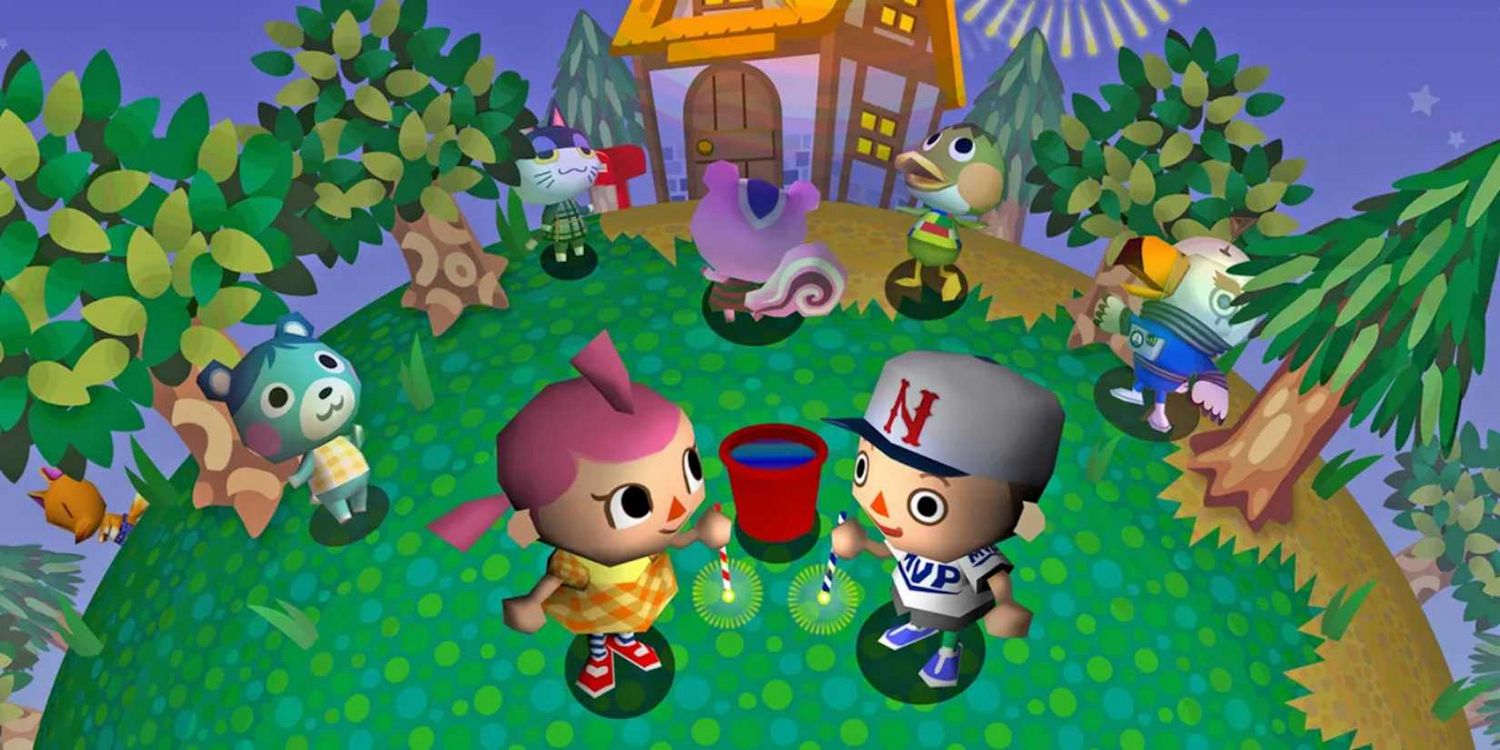 With ongoing updates and a massive player base, the franchise continues to evolve, but its core identity remains tied to that clever, well-thought-out title. It’s a key part of the game’s legacy and a crucial element of its widespread commercial appeal and high CPC keywords like “Nintendo game,” “life simulation,” and “video game community.”
With ongoing updates and a massive player base, the franchise continues to evolve, but its core identity remains tied to that clever, well-thought-out title. It’s a key part of the game’s legacy and a crucial element of its widespread commercial appeal and high CPC keywords like “Nintendo game,” “life simulation,” and “video game community.”
